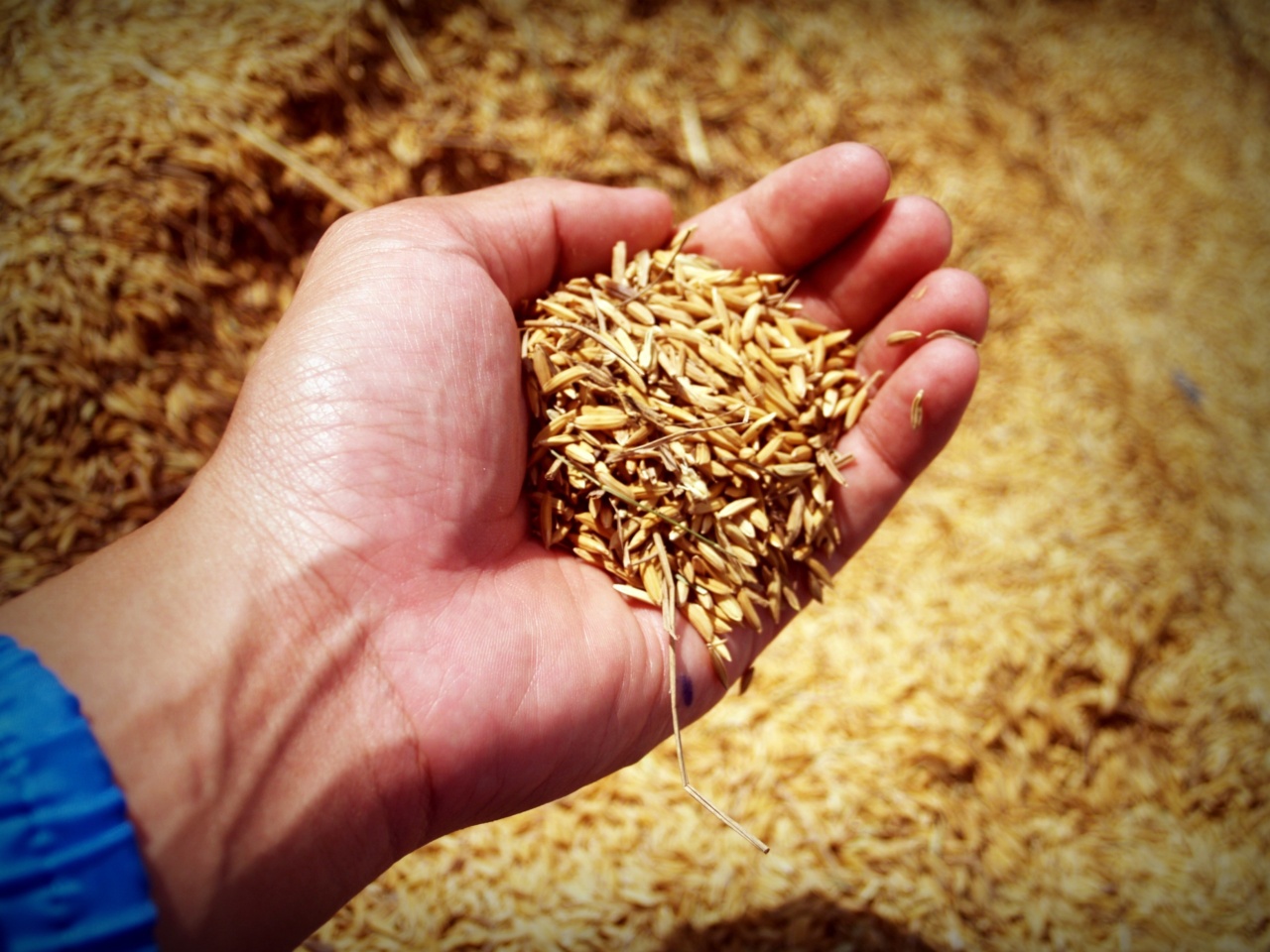Barley is a versatile grain that has been highly valued for thousands of years for its nutritional benefits. It is a good source of dietary fiber, vitamins, and minerals, making it an important component of a healthy diet.
Barley is also a rich source of antioxidants, which can help protect against chronic diseases such as heart disease, diabetes, and cancer. In this article, we’ll explore the health benefits of barley and how to incorporate it into your diet to unlock its full potential.
Barley and Nutrition
Barley is an excellent source of dietary fiber, with both soluble and insoluble types present in the grain. Soluble fiber helps to lower cholesterol levels by binding to cholesterol in the gut and preventing absorption into the bloodstream.
This can reduce the risk of heart disease, which is the leading cause of death worldwide. Insoluble fiber is important for maintaining regular bowel movements and preventing constipation.
Barley is also a good source of vitamins and minerals, including manganese, selenium, and magnesium. Manganese is important for bone health and wound healing, while selenium is an essential nutrient for a healthy immune system.
Magnesium is needed for over 300 enzymatic reactions in the body, including energy production and protein synthesis.
Antioxidants in Barley
Barley is a rich source of antioxidants, which can help protect against chronic diseases such as heart disease, diabetes, and cancer.
Antioxidants are molecules that neutralize free radicals, which are highly reactive molecules that can damage cells and contribute to the development of chronic diseases.
Barley contains several classes of antioxidants, including phenolic acids, flavonoids, and anthocyanins. Phenolic acids are a type of antioxidant that can help to lower blood pressure and reduce inflammation in the body.
Flavonoids are another class of antioxidants that have been shown to reduce the risk of heart disease and cancer. Anthocyanins are pigments that give certain fruits and vegetables their vibrant colors and have been shown to have anti-inflammatory and anti-cancer properties.
Barley and Weight Loss
Barley is a great food for weight loss because it is low in calories but high in fiber. Fiber-rich foods help to keep you feeling full for longer, which can reduce your overall calorie intake.
This can make it easier to maintain a healthy weight and prevent obesity, which is a major risk factor for chronic diseases such as diabetes and heart disease.
Barley also has a low glycemic index, which means that it does not cause a rapid spike in blood sugar levels.
This is important for people with diabetes, who need to regulate their blood sugar levels to prevent complications such as nerve damage and kidney disease.
Incorporating Barley into Your Diet
Barley can be easily incorporated into a variety of dishes, from soups and stews to salads and side dishes. Here are some ideas for how to use barley in your meals:.
- Add cooked barley to a salad or grain bowl for extra fiber and texture.
- Use barley instead of rice or noodles in stir-fries or curries.
- Add cooked barley to soups and stews for a hearty and filling meal.
- Make a barley risotto by cooking barley in broth and adding vegetables and cheese.
- Cook barley and mix with veggies and seasonings to make a filling side dish.
Conclusion
Barley is a nutritious and versatile grain that can be easily incorporated into a healthy diet. Its high fiber and antioxidant content make it an important food for maintaining optimal health and reducing the risk of chronic diseases.
Try adding barley to your meals and see how it can improve your overall health and wellbeing!.


























